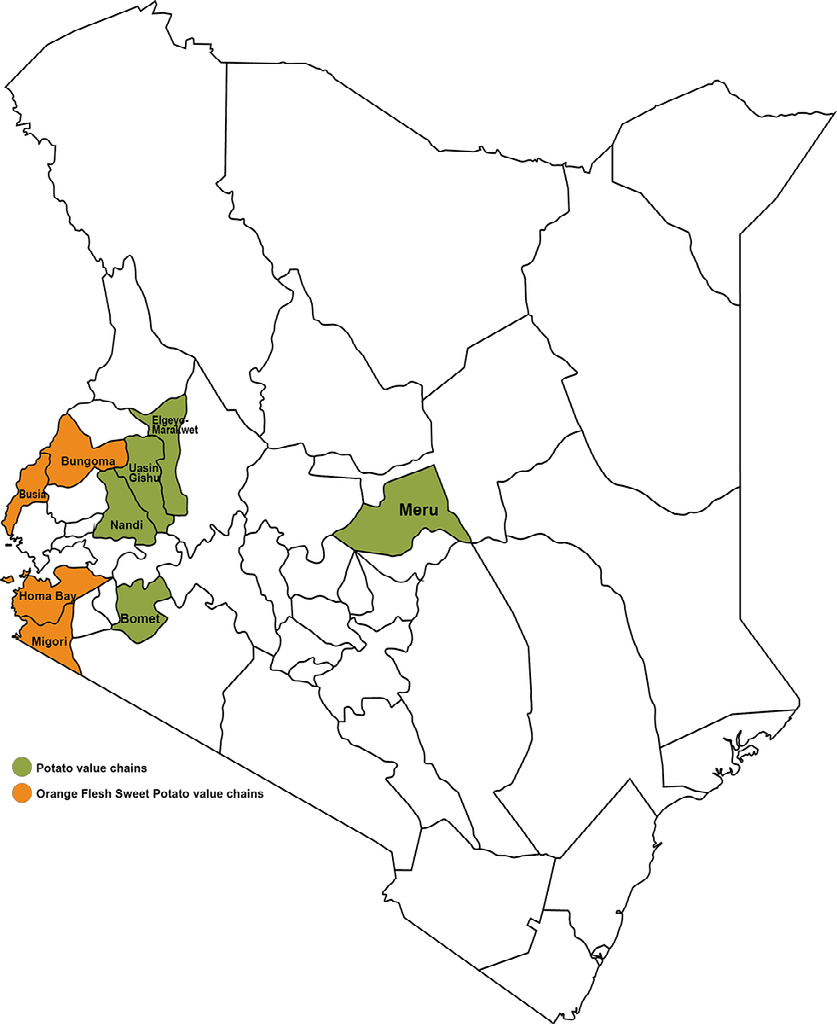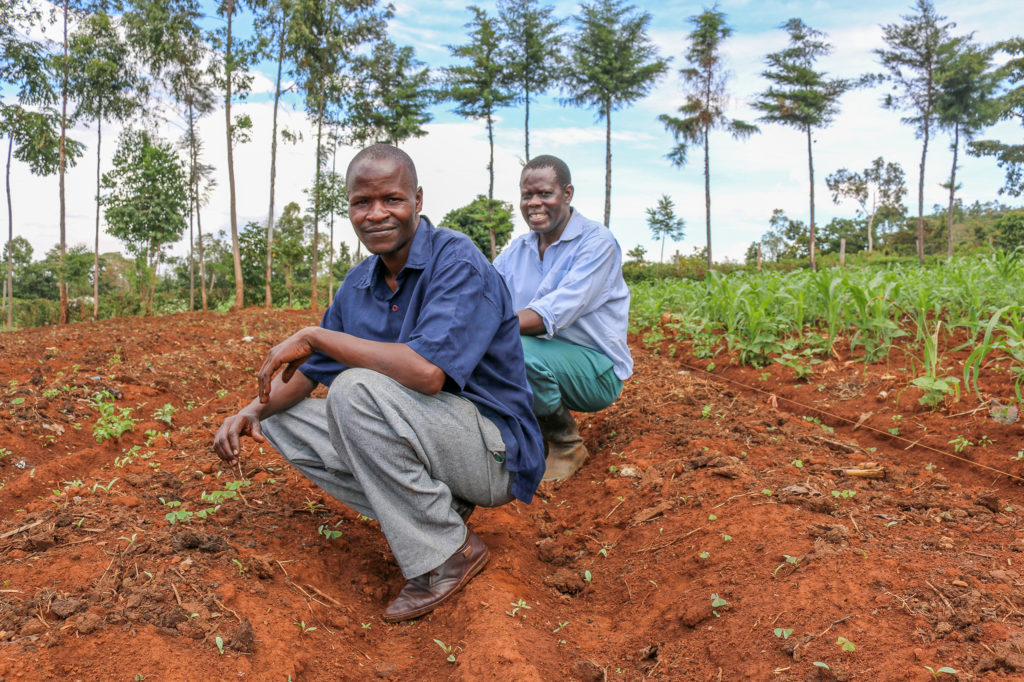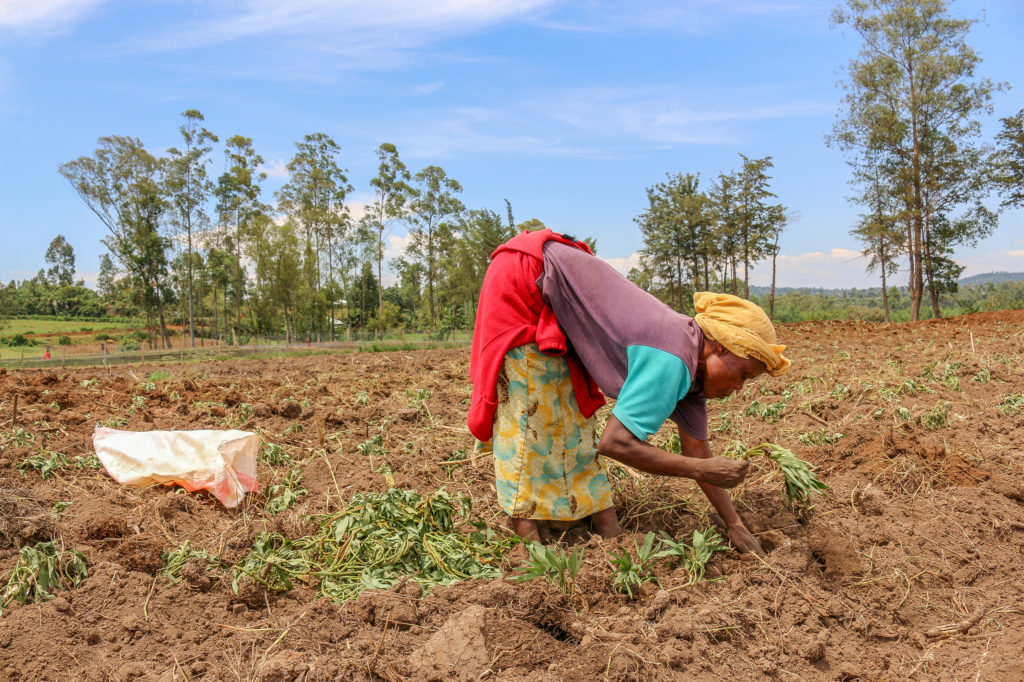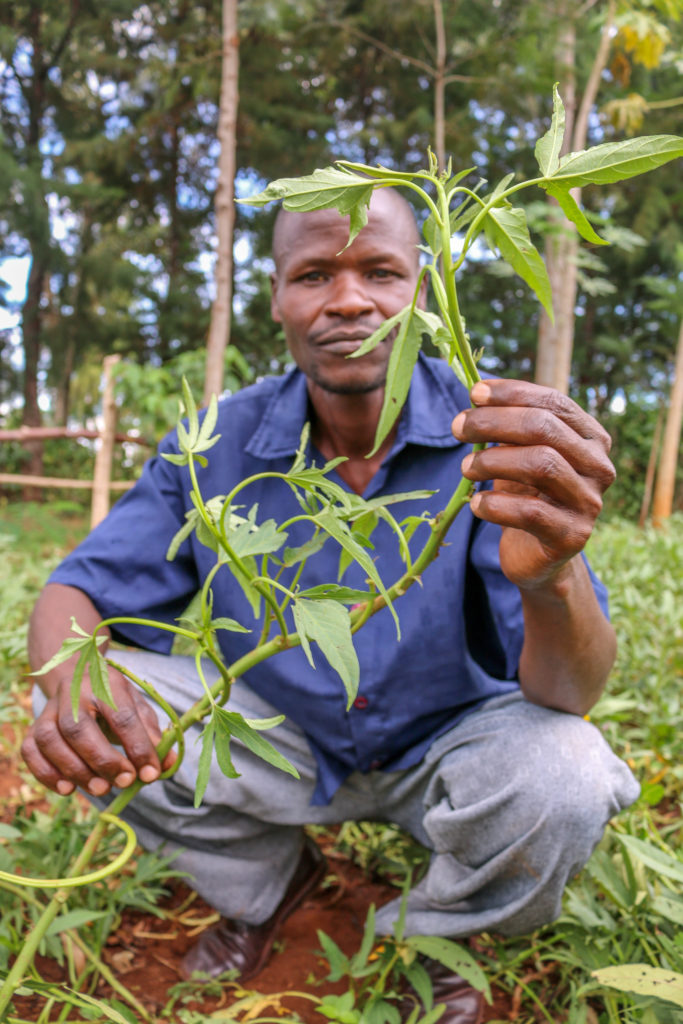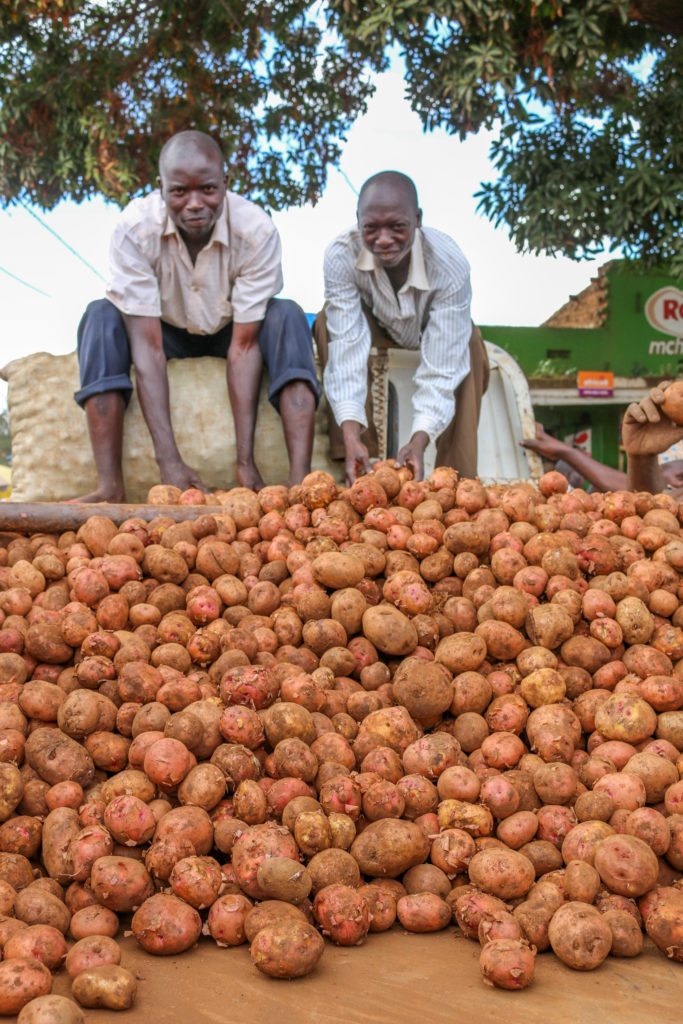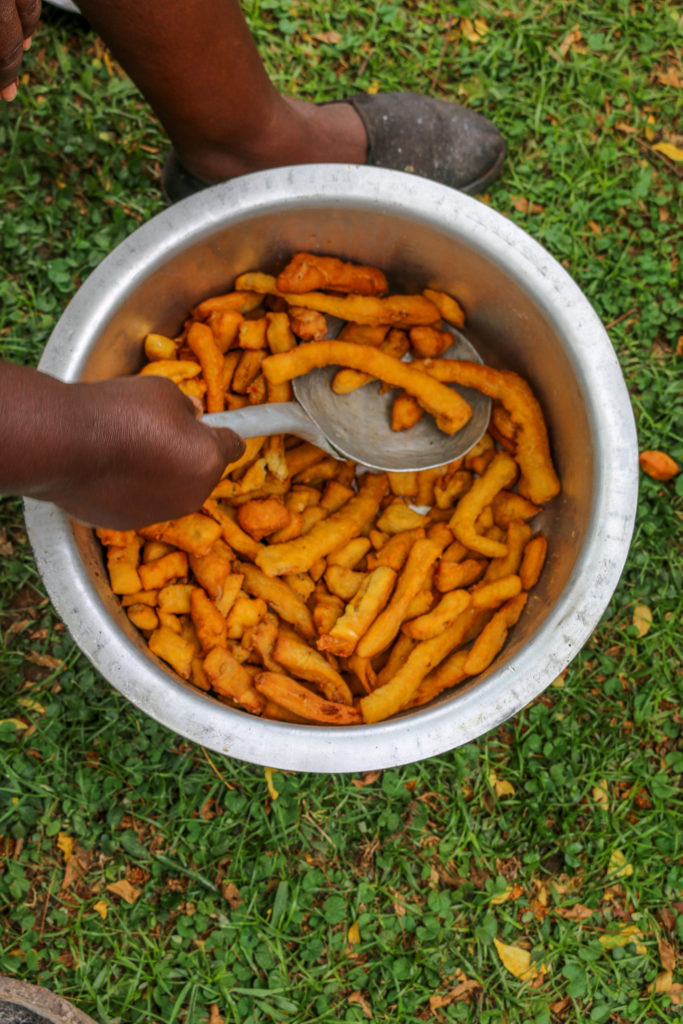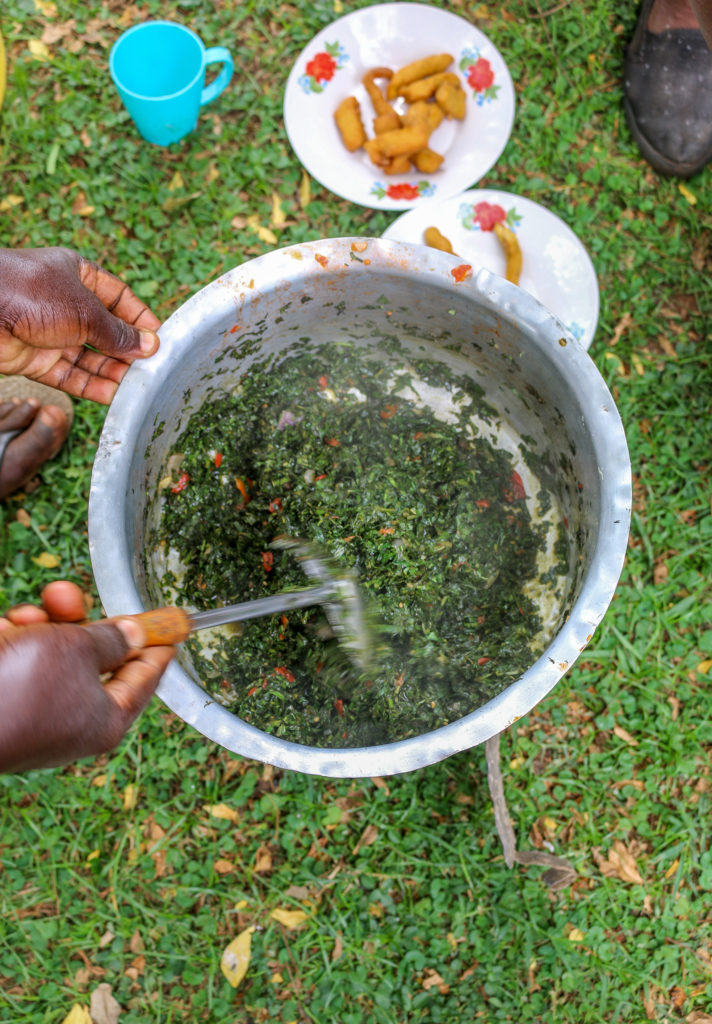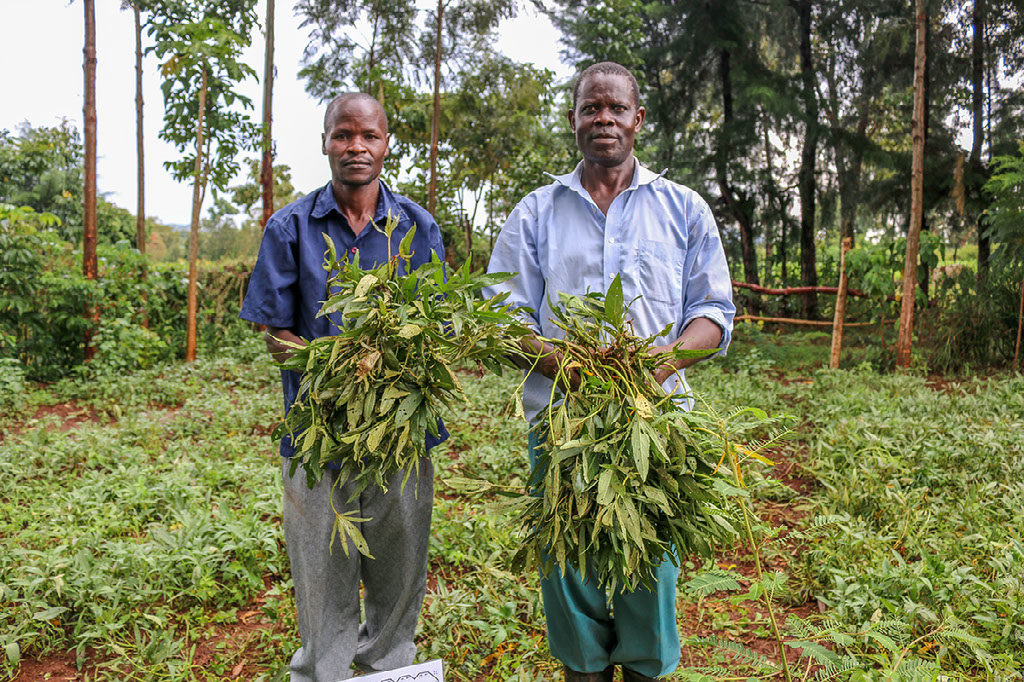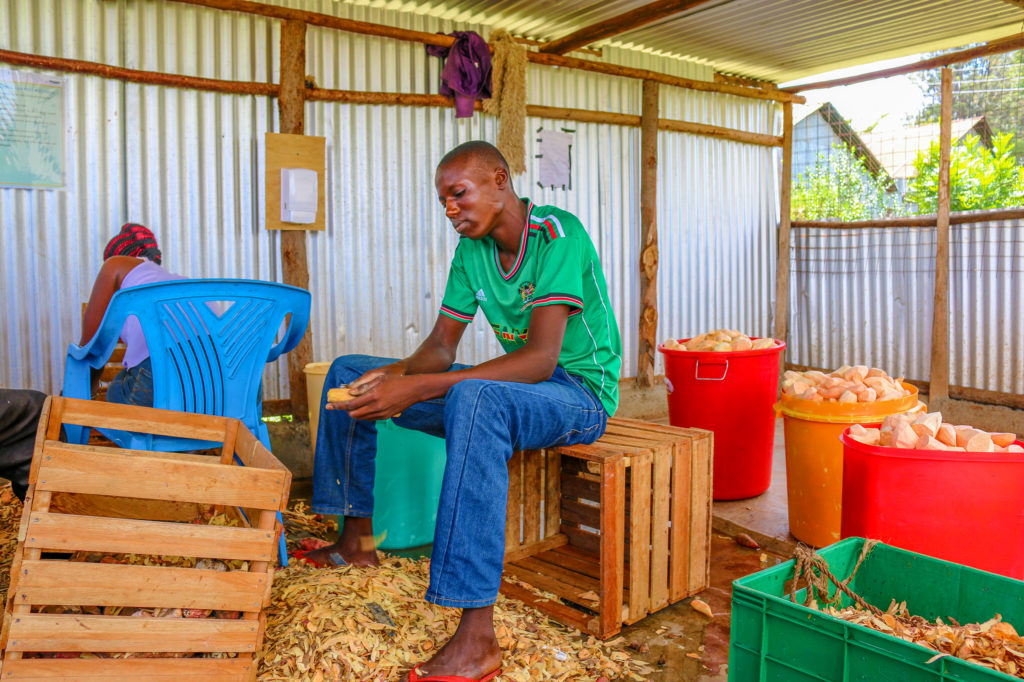Improving food security, nutrition and incomes of 100,00 smallholder households with root crops in Kenya
The goal of the root crops value chain of the Feed the Future – Accelerated Value Chain Development (AVCD) project is to contribute to improving food security, nutrition and incomes of 100,00 smallholder households in Kenya over three years. The project aims to support seed system development through targeted private sector investment, increase crop productivity and market opportunities, and improve nutritional quality of diets across eight counties.
Why root crops?
Potato and sweetpotato are among the fastest expanding food crops in Kenya, used increasingly by smallholder farmers for food security and income. Both crops are relatively fast-maturing (4 months) and valued as reliable food security crops. Potato provides significant income opportunities for smallholder farmers and enriches diets with minerals and vitamins. Sweetpotato is known for its resilience and productivity across diverse agro-ecologies, ranging from high rainfall to semi-arid regions.
Orange fleshed sweetpotato value chain
Orange fleshed sweetpotato (OFSP) varieties are rich in beta-carotene, hence a source of vitamin A to combat vitamin A deficiency (VAD) in women and young children. In Kenya, where 84% of children under 5 years and roughly 20% of women are affected by VAD, OFSP’s proven success to reduce VAD in these target groups makes it a compelling vehicle to reach nutrition outcomes through sustainable food-based approaches.

